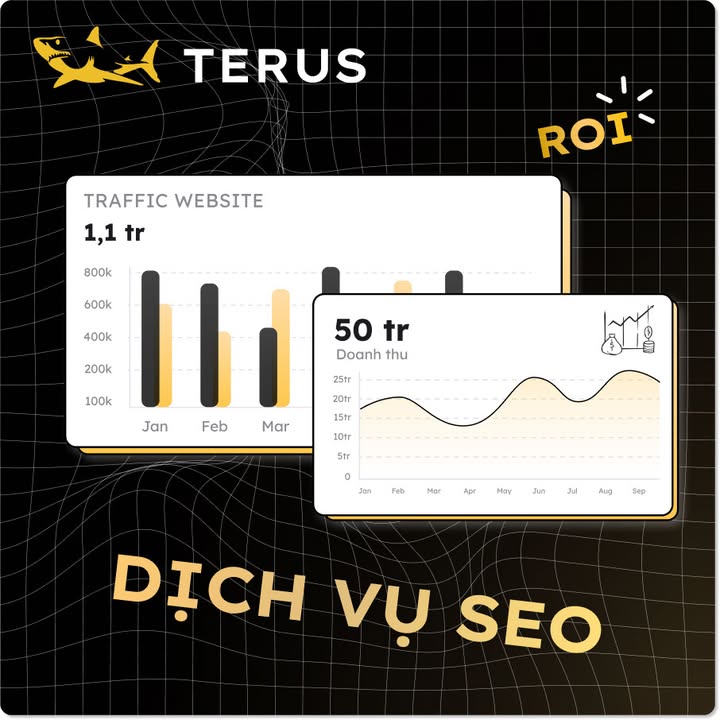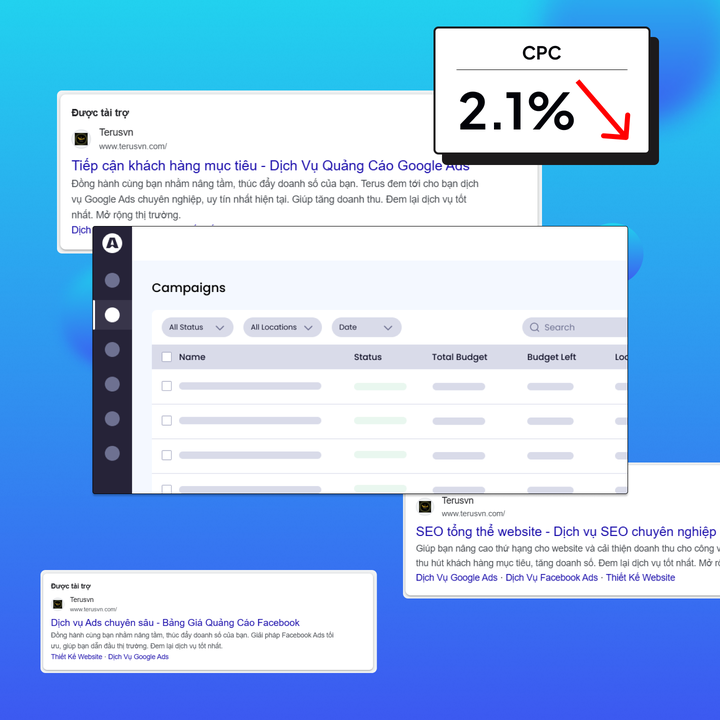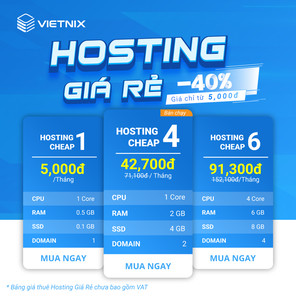Financial Services Industry: An In-Depth Overview
The Financial Services sector stands at the heart of the global economy — powering lending, investment, insurance, payments, risk management, and capital formation across individuals, corporations, and governments. This vast category includes banks, insurance firms, asset managers, investment banks, wealth managers, fintech companies, credit unions, and non-bank financial institutions such as NBFCs (non-bank financial companies).
In 2024, the global financial services market was estimated to exceed USD 26 trillion, with projected growth toward USD 42 trillion by 2033 — driven by digital transformation, financial inclusion, and innovation in fintech, AI, and analytics.
Read More:
https://www.swotreports.com/market-analysis/financial-services
Company Introduction — Sector Perspective
Companies operating in the financial services space create value by facilitating the flow of money and financial risk. They provide essential economic functions:
Accepting deposits and extending credit
Managing assets and investments
Underwriting insurance risks
Enabling payments and settlement
Offering advisory and wealth services
Digital finance and fintech solutions
This category is defined by scale, trust, and regulatory oversight, with incumbents ranging from centuries-old universal banks to cutting-edge fintech startups. Their performance influences business cycles, consumer confidence, and capital markets worldwide.
Company & Sector Developments – Latest News
The financial services sector is evolving rapidly in response to economic trends, regulatory shifts, and technological disruption:
Record M&A Activity
In 2025, U.S. asset managers completed a record 378 mergers and acquisitions totaling USD 38 billion, more than double the previous year. This reflects consolidation as firms seek scale, efficiency, and diversified services amid margin pressures.
Strong M&A Pipeline in India
India’s financial services M&A landscape also saw significant momentum in 2025, with USD 104 billion in domestic consolidation deals and growing inbound investment from East Asia and the Middle East, signaling confidence in the region’s financial infrastructure.
Growing Non-Bank Financial Sector
“Shadow banking” institutions — including hedge funds, private credit providers, and market funds — now hold more than half of global financial assets, growing roughly twice as fast as traditional lenders. This expansion creates opportunities and systemic risk considerations for regulators.
Shifting Leadership Priorities
Financial institutions, particularly in India’s BFSI sector, are prioritizing risk management, governance, and stability, indicating a maturing industry focused on long-term resilience over rapid expansion.
Digital Disruption
Reports highlight that traditional banks are losing market share to agile digital competitors — pushing incumbents to accelerate transformation and customer-centric offerings.
Strategic Analysis Review (SWOT)
Here’s a strategic snapshot of the Financial Services category:
Strengths
Scale and trust: Established institutions command vast customer bases and regulatory credibility.
Diversified offerings across banking, insurance, asset management, and payments.
Recurring revenue models from interest, fees, and asset servicing. Weaknesses
Legacy systems and technical debt slow innovation and elevate costs.
Regulatory complexity demands ongoing compliance investment.
Fragmentation between traditional and digital players.
Opportunities
Fintech collaboration and digital banking expansion.
AI and machine learning for fraud detection, personalization, and operational efficiency.
Open banking and embedded finance expanding product ecosystems. Threats
Cybersecurity and data privacy risks as digital adoption accelerates.
Economic volatility affecting loan demand, credit risk, and asset valuations.
Scalability challenges when integrating emerging technologies.
Business Description + Key Products & Services
The financial services industry spans a wide array of core functions, summarized below:
Segment
Products & Services
Banking & Lending
Retail banking, commercial loans, mortgages, credit cards
Insurance
Life, health, property & casualty policies
Wealth & Asset Management
Portfolio management, advisory services, mutual funds
Investment Banking
M&A advisory, capital markets, underwriting
Payments & Fintech
Digital wallets, payment gateways, neobanking
Risk & Compliance Solutions
RegTech, fraud detection, governance systems
Industry evolution reflects a shift from transactional services toward data-driven, personalized, and automated offerings.
Financial Analysis – Ten Years Historical Overview
Financial services performance over the last decade demonstrates steady expansion with periodic stress points, such as interest rate cycles and shifting customer behavior toward digital channels.
Estimated Global Market Size (2016–2025)
Year
Estimated Market Size (USD Trillion)
2016
~18.7
2017
~19.9
2018
~21.4
2019
~22.8
2020
~23.5
2021
~24.7
2022
~25.2
2023
~26.0
2024
~26.5
2025
~27.1 (est.)
Key Financial Trends
Consistent growth as financial access expands globally.
Increased fee-based services and digital revenue streams.
Higher technology investment to support cloud, AI, and mobile platforms.
Growing non-bank asset share, reflecting diversification of financial intermediation.
Competitors and Industry Analysis
Major Global Players
Top financial institutions remain diversified across banking, insurance, and investment services. Leading names typically include global banks and asset managers such as:
JPMorgan Chase & Co.
Bank of America
HSBC
BNP Paribas
Goldman Sachs
BlackRock
Allianz
AXA
These firms compete on scale, digital capability, product breadth, and global reach.
Emerging Competitors
Digital natives and fintech disruptors such as:
Neobanks and digital lenders
Payment platform companies
Blockchain and decentralized finance (DeFi) platforms
Robo-advisors and wealth tech startups
These players challenge incumbents through agility, customer experience, and innovative product models.
About Us:
SWOT Reports is a leading provider of market research reports in Chemicals, Energy, Oil & Gas, Food & Beverage, Electronics & Semiconductors, Automotive, Telecommunication, Healthcare and Other industries.
SWOT Reports, established in 2009 has 14+ years of experience and served 1800+ clients from 980+ companies operating in 54+ countries.
Connect with us
+91 630 95 25755
[email protected]
Read more at:
https://www.swotreports.com/Financial Services Industry: An In-Depth Overview
The Financial Services sector stands at the heart of the global economy — powering lending, investment, insurance, payments, risk management, and capital formation across individuals, corporations, and governments. This vast category includes banks, insurance firms, asset managers, investment banks, wealth managers, fintech companies, credit unions, and non-bank financial institutions such as NBFCs (non-bank financial companies).
In 2024, the global financial services market was estimated to exceed USD 26 trillion, with projected growth toward USD 42 trillion by 2033 — driven by digital transformation, financial inclusion, and innovation in fintech, AI, and analytics.
Read More: https://www.swotreports.com/market-analysis/financial-services
Company Introduction — Sector Perspective
Companies operating in the financial services space create value by facilitating the flow of money and financial risk. They provide essential economic functions:
Accepting deposits and extending credit
Managing assets and investments
Underwriting insurance risks
Enabling payments and settlement
Offering advisory and wealth services
Digital finance and fintech solutions
This category is defined by scale, trust, and regulatory oversight, with incumbents ranging from centuries-old universal banks to cutting-edge fintech startups. Their performance influences business cycles, consumer confidence, and capital markets worldwide.
Company & Sector Developments – Latest News
The financial services sector is evolving rapidly in response to economic trends, regulatory shifts, and technological disruption:
Record M&A Activity
In 2025, U.S. asset managers completed a record 378 mergers and acquisitions totaling USD 38 billion, more than double the previous year. This reflects consolidation as firms seek scale, efficiency, and diversified services amid margin pressures.
Strong M&A Pipeline in India
India’s financial services M&A landscape also saw significant momentum in 2025, with USD 104 billion in domestic consolidation deals and growing inbound investment from East Asia and the Middle East, signaling confidence in the region’s financial infrastructure.
Growing Non-Bank Financial Sector
“Shadow banking” institutions — including hedge funds, private credit providers, and market funds — now hold more than half of global financial assets, growing roughly twice as fast as traditional lenders. This expansion creates opportunities and systemic risk considerations for regulators.
Shifting Leadership Priorities
Financial institutions, particularly in India’s BFSI sector, are prioritizing risk management, governance, and stability, indicating a maturing industry focused on long-term resilience over rapid expansion.
Digital Disruption
Reports highlight that traditional banks are losing market share to agile digital competitors — pushing incumbents to accelerate transformation and customer-centric offerings.
Strategic Analysis Review (SWOT)
Here’s a strategic snapshot of the Financial Services category:
Strengths
Scale and trust: Established institutions command vast customer bases and regulatory credibility.
Diversified offerings across banking, insurance, asset management, and payments.
Recurring revenue models from interest, fees, and asset servicing. Weaknesses
Legacy systems and technical debt slow innovation and elevate costs.
Regulatory complexity demands ongoing compliance investment.
Fragmentation between traditional and digital players.
Opportunities
Fintech collaboration and digital banking expansion.
AI and machine learning for fraud detection, personalization, and operational efficiency.
Open banking and embedded finance expanding product ecosystems. Threats
Cybersecurity and data privacy risks as digital adoption accelerates.
Economic volatility affecting loan demand, credit risk, and asset valuations.
Scalability challenges when integrating emerging technologies.
Business Description + Key Products & Services
The financial services industry spans a wide array of core functions, summarized below:
Segment
Products & Services
Banking & Lending
Retail banking, commercial loans, mortgages, credit cards
Insurance
Life, health, property & casualty policies
Wealth & Asset Management
Portfolio management, advisory services, mutual funds
Investment Banking
M&A advisory, capital markets, underwriting
Payments & Fintech
Digital wallets, payment gateways, neobanking
Risk & Compliance Solutions
RegTech, fraud detection, governance systems
Industry evolution reflects a shift from transactional services toward data-driven, personalized, and automated offerings.
Financial Analysis – Ten Years Historical Overview
Financial services performance over the last decade demonstrates steady expansion with periodic stress points, such as interest rate cycles and shifting customer behavior toward digital channels.
Estimated Global Market Size (2016–2025)
Year
Estimated Market Size (USD Trillion)
2016
~18.7
2017
~19.9
2018
~21.4
2019
~22.8
2020
~23.5
2021
~24.7
2022
~25.2
2023
~26.0
2024
~26.5
2025
~27.1 (est.)
Key Financial Trends
Consistent growth as financial access expands globally.
Increased fee-based services and digital revenue streams.
Higher technology investment to support cloud, AI, and mobile platforms.
Growing non-bank asset share, reflecting diversification of financial intermediation.
Competitors and Industry Analysis
Major Global Players
Top financial institutions remain diversified across banking, insurance, and investment services. Leading names typically include global banks and asset managers such as:
JPMorgan Chase & Co.
Bank of America
HSBC
BNP Paribas
Goldman Sachs
BlackRock
Allianz
AXA
These firms compete on scale, digital capability, product breadth, and global reach.
Emerging Competitors
Digital natives and fintech disruptors such as:
Neobanks and digital lenders
Payment platform companies
Blockchain and decentralized finance (DeFi) platforms
Robo-advisors and wealth tech startups
These players challenge incumbents through agility, customer experience, and innovative product models.
About Us:
SWOT Reports is a leading provider of market research reports in Chemicals, Energy, Oil & Gas, Food & Beverage, Electronics & Semiconductors, Automotive, Telecommunication, Healthcare and Other industries.
SWOT Reports, established in 2009 has 14+ years of experience and served 1800+ clients from 980+ companies operating in 54+ countries.
Connect with us
+91 630 95 25755
[email protected]
Read more at: https://www.swotreports.com/










